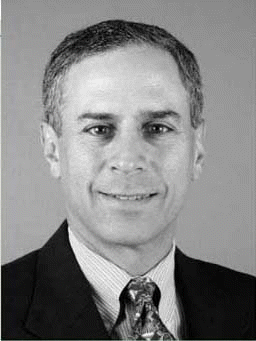Of patients who are hospitalized in this country, between 1 and 2% of them will suffer some sort of negligent injury, according to a Harvard study.
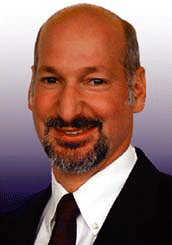

Payers are convinced that compensating physicians and hospitals for meeting quality targets, also known as “pay for performance” (P4P), is an important step in bridging the quality chasm identified by the Institute of Medicine in 1999.
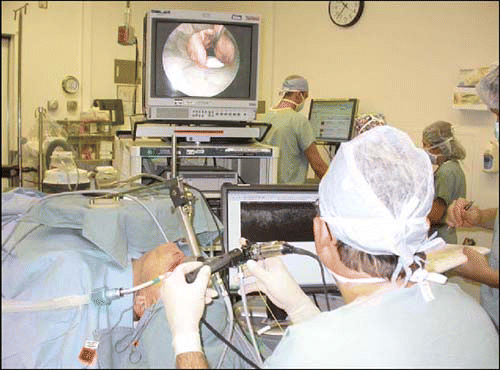
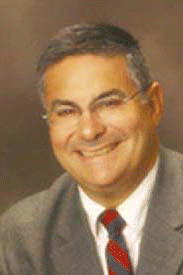
People of different political persuasions generally agree that the health care system in the United States is in deep trouble, but there is no consensus on how to fix it.
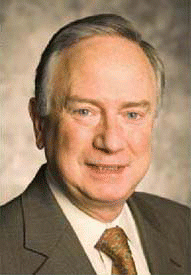
A new study from Dartmouth Medical School documents “staggering variations in how hospitals care for chronically ill elderly patients.” The study points to problems with quality and faults Medicare for unnecessary spending.

After a hiatus associated with a checkered past, gene therapy is again showing promise in several fields of medicine, and otolaryngology is no exception.

Drop-in retail clinics staffed by nurse practitioners or physician’s assistants may represent a fundamental and permanent change in how patients receive minor primary care in this country, providing affordable care and convenience-but do they serve the long-term health interests of otolaryngology patients and the doctors who treat them?

The business side of medical practice can sometimes be a bigger challenge than ferreting out a difficult diagnosis.
Plagued by annual increases in health-care premiums for their employees that regularly reach double digits, some US companies are exploring the role of consumer-directed health care with the goal of fostering healthier workers who are more accountable for their own health, thereby reducing the costs of company-provided health insurance.
